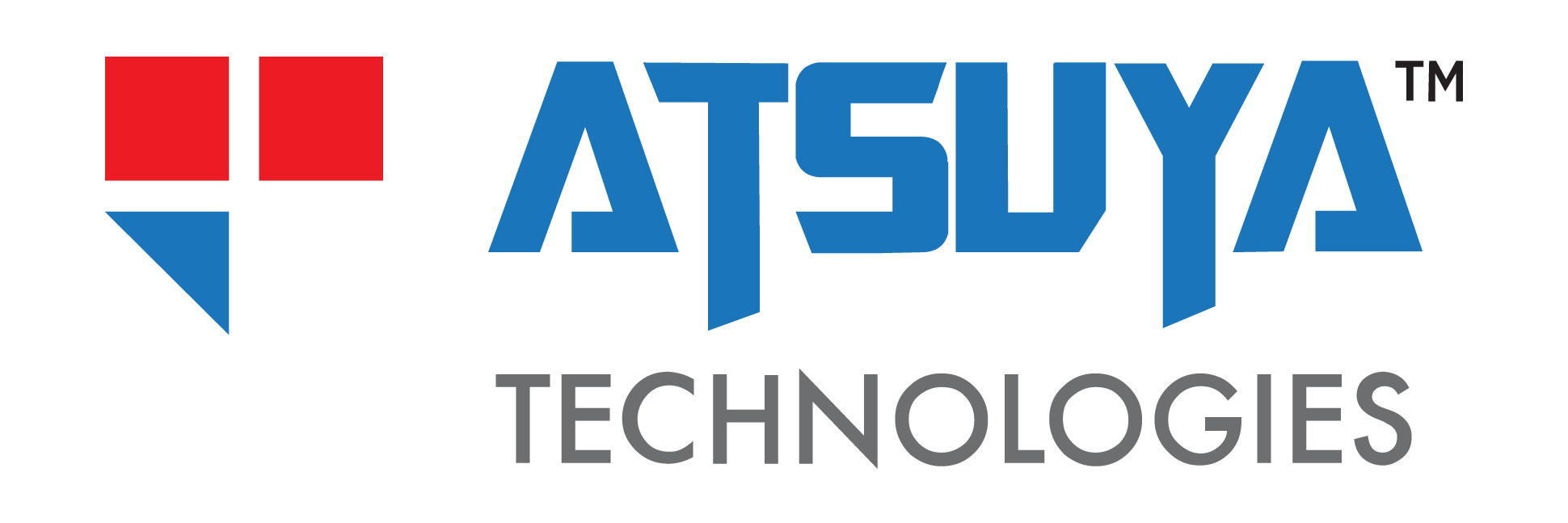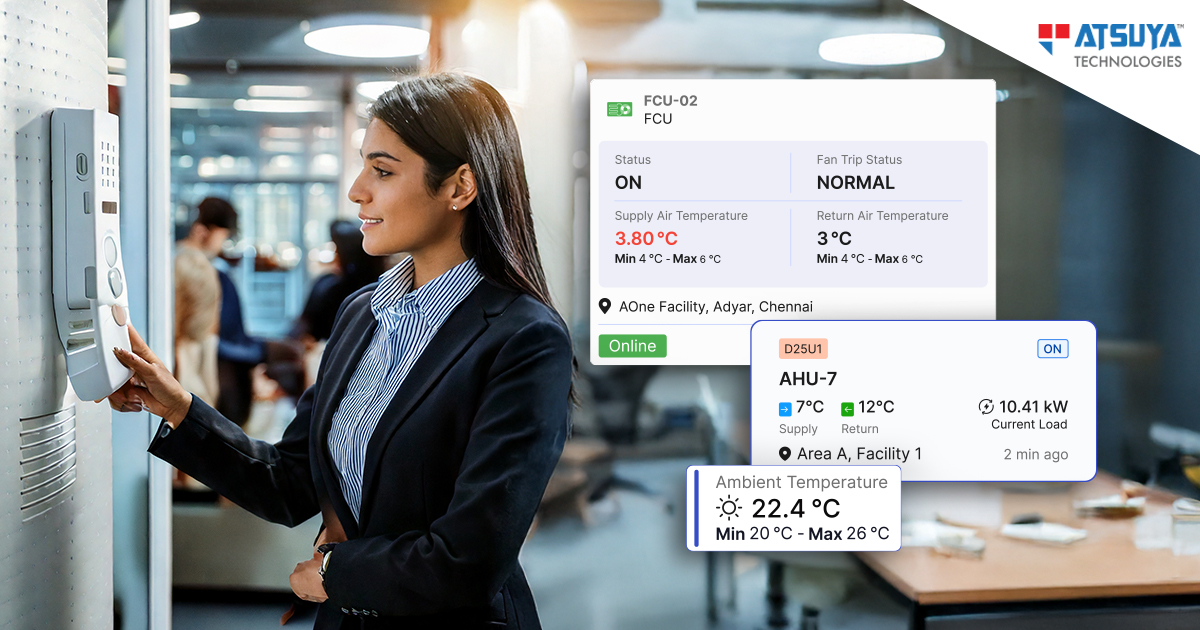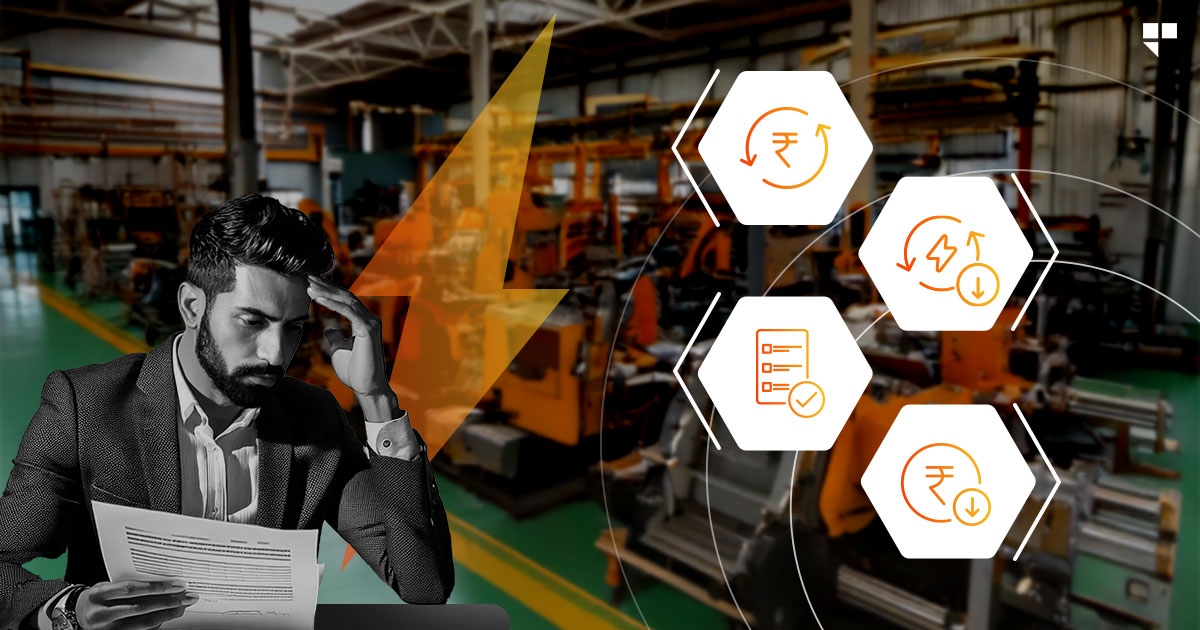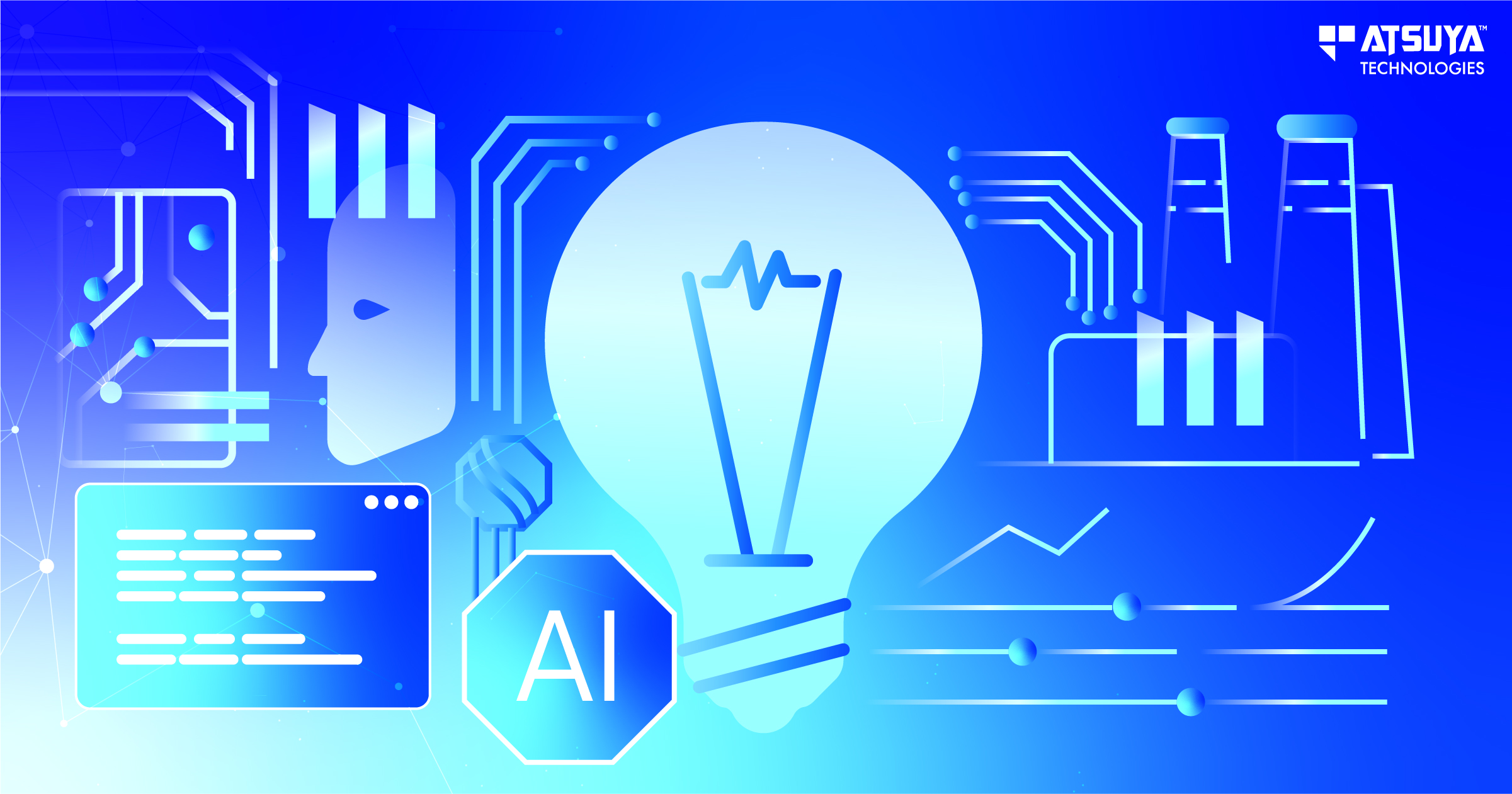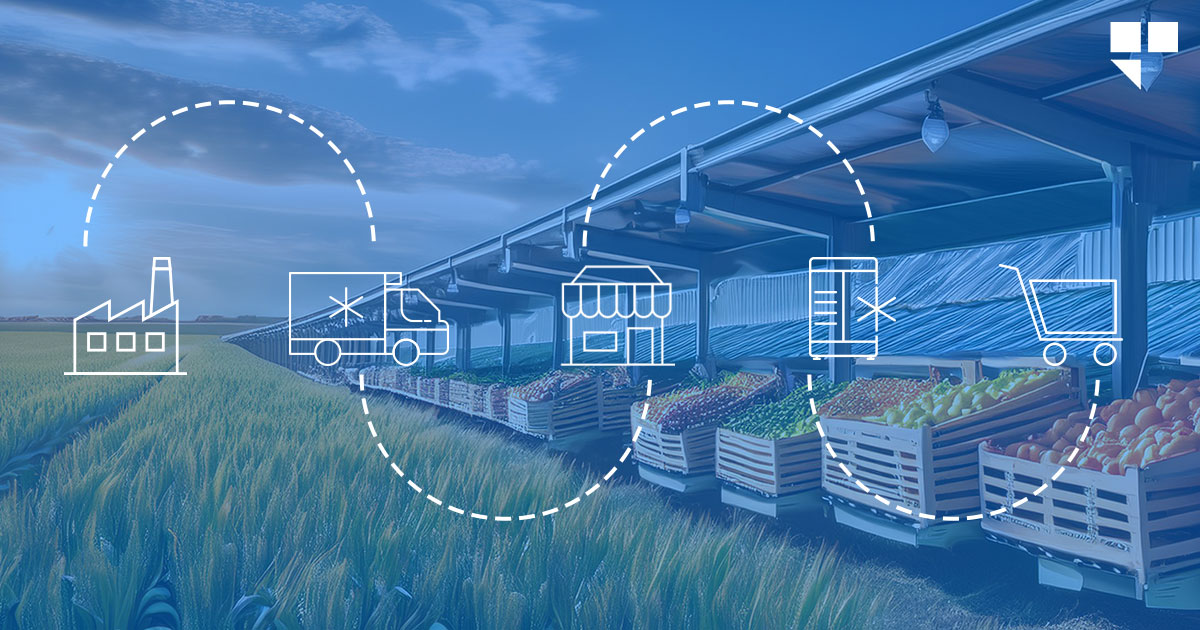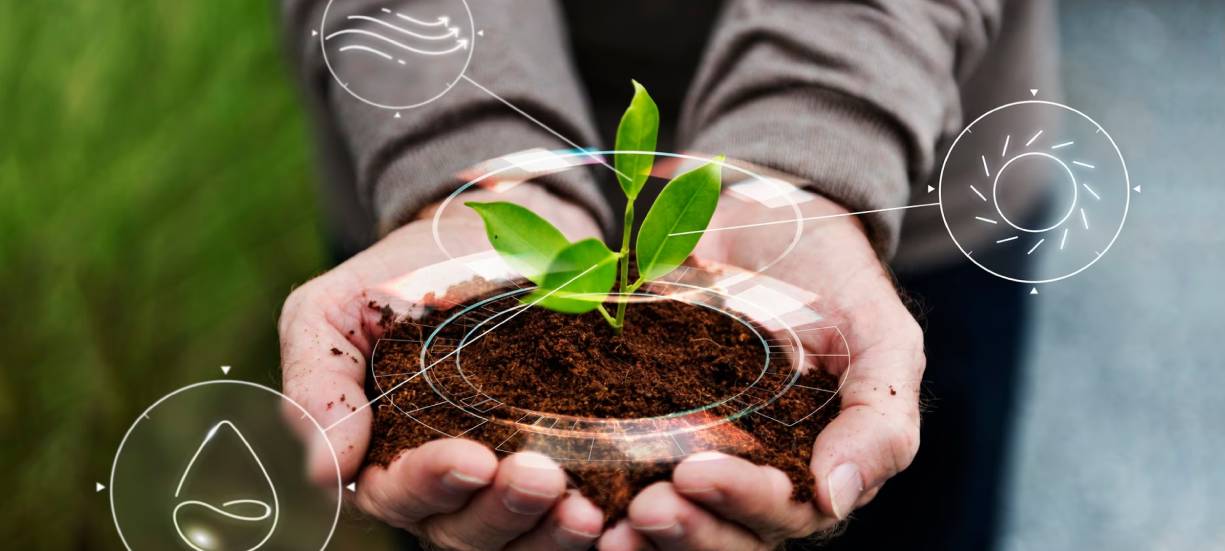
Farming has been a part of human civilisation since the beginning of time. In India, traditional agriculture was guided by the Panchangam, the traditional Vedic almanac and the knowledge of farming was passed down through generations. But with rapid industrialisation and the availability of farmland additives, the quality of farm produce has been greatly affected. This has led to a need for consistent commercial success for farmers and reliable quality for consumers. In recent years, technology has played a critical role in revolutionising the agriculture industry.
Today, technology is helping farmers improve their productivity and profitability by providing real-time information about their crops. Artificial Intelligence (AI) and Internet of Things (IoT) devices are being used to measure the performance of farms, which enables farmers to address challenges that could impair crop productivity. Data collection, monitoring, and specific sensors for critical data parameters help farmers to identify potential issues and make informed decisions about how to manage their crops. The use of technology has made it easier to manage scattered and marginalised farmlands, improving the efficacy of larger farm holdings.
Quality is a major checkpoint when it comes to exporting farm produce. India is one of the largest producers of agricultural goods in the world, but Indian farmers still face challenges in the areas of quality standards and buyer confidence. This is where technology comes into the picture. With IoT and AI technologies, the produce can be traced back to its origins, ensuring that it complies with every quality requirement along the way. Traceability adds to the export value of the produce and can become farmers’ key to hassle-free export proceedings.
Moreover, the application of technology in farming can go one step ahead to form a marketplace where buyers and sellers can collaborate with complete transparency, ensuring farmers’ ease of access to the market. This digital marketplace provides farmers with more opportunities to sell their produce and expand their business.
The use of sensors to monitor soil health and water quality, transpiration rates, and overall crop management can be integrated into an IoT system for farmers to know what is going on remotely. From minor things like the management of irrigation to major changes based on market demand, everything can be done using this system. This makes farming a data-driven industry that allows farmers to measure their success and make data-driven decisions.
In conclusion, technology is changing the way we look at agriculture. It is not just about producing more food anymore, but also about ensuring that the food is safe and produced according to set quality standards. With the help of technology, farmers can improve their profitability, increase their productivity, and ensure that their produce meets the highest quality standards. The use of AI and IoT in agriculture is helping farmers to create a sustainable future for themselves and the world.
